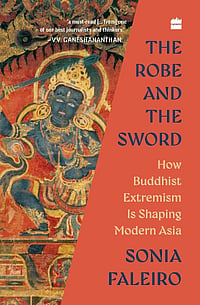In a recent decision, the Supreme Court of India held that recording a spouse’s phone conversations without consent can be admitted as evidence in matrimonial disputes. The ruling has triggered debate around the right to privacy within a marriage, with legal experts and privacy advocates raising concerns about the implications of the judgment.
The court stated that such recordings, if relevant to the case and not obtained illegally (i.e., not through hacking or tapping by a third party), can be admissible. The rationale, it said, was rooted in the evidentiary value of the content in resolving marital disputes, such as cruelty or infidelity.
However, the judgment opens up significant questions about the limits of personal privacy in intimate relationships. Does the need for evidence in a legal proceeding justify what could be seen as surveillance within a marriage?
Amis Aggarwala, lawyer practicing in the Supreme Court said: “If the contents of the recording are connected to the dispute, say, emotional cruelty, threats, or contradictions, then such evidence is perfectly admissible, even if recorded without the spouse's knowledge.
Matrimonial cases often suffer from “he said, she said” deadlocks. Allowing secretly recorded conversations, when directly relevant, gives either party a chance to prove truth over narrative. That said, courts must continue balancing this with concerns about consent and misuse. Privacy shouldn’t be a casualty in every dispute.”
While the court did not equate consensual recordings to illegal phone tapping, the concern remains that such a precedent could be misused, especially in relationships already marked by distrust or abuse. It may embolden one partner to monitor the other without consent, eroding the foundational trust in a marital relationship.
The ruling also appears to contrast with the Supreme Court’s landmark 2017 Puttaswamy judgment, which affirmed the right to privacy as a fundamental right under Article 21 of the Constitution. Legal scholars argue that the court must now clearly define the boundaries of this right in the context of family law.
As debates continue, the judgment forces us to confront an uncomfortable question: in the pursuit of truth and justice in matrimonial disputes, is the right to privacy becoming negotiable within the very institution of marriage?



























